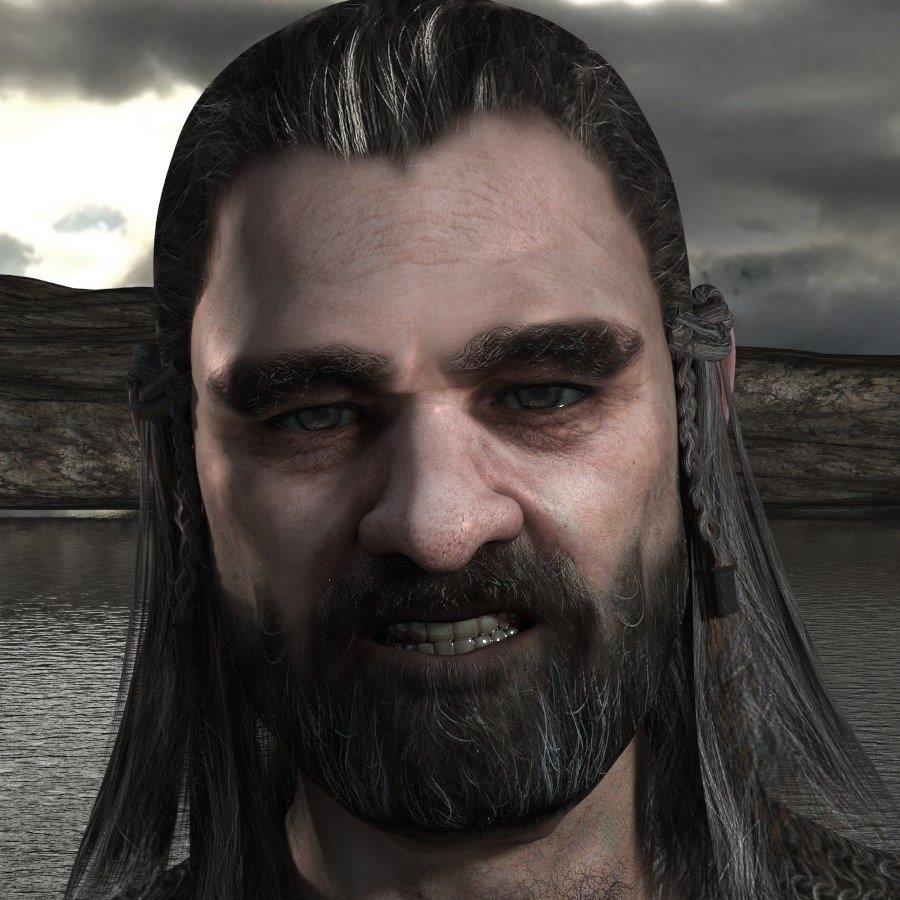Member's Opinions
NOTICE:
The following articles are opinion pieces, also known as op-eds, which are articles where the author expresses their personal viewpoint or interpretation of a specific topic. They differ from news articles by being subjective, persuasive, topical, and clear in their argument. Opinion pieces aim to persuade readers to consider the authors viewpoint through evidence, reasoning, and emotional appeals. They are typically written with the authors voice and personality, and often conclude with a call to action. Examples of opinion piece topics include political opinions, social issues, cultural commentary, and personal reflection

- Details
- By Sæbjörn Leafslayer
- Category: Opinions
That's a wild but intriguing thought—and you're not alone in wondering about it. There's definitely a pattern of ultra-wealthy people making moves that seem like prep for doomsday: buying up remote land, investing in bunkers, or funding space exploration. It fuels the theory that they might know something the rest of us don’t.
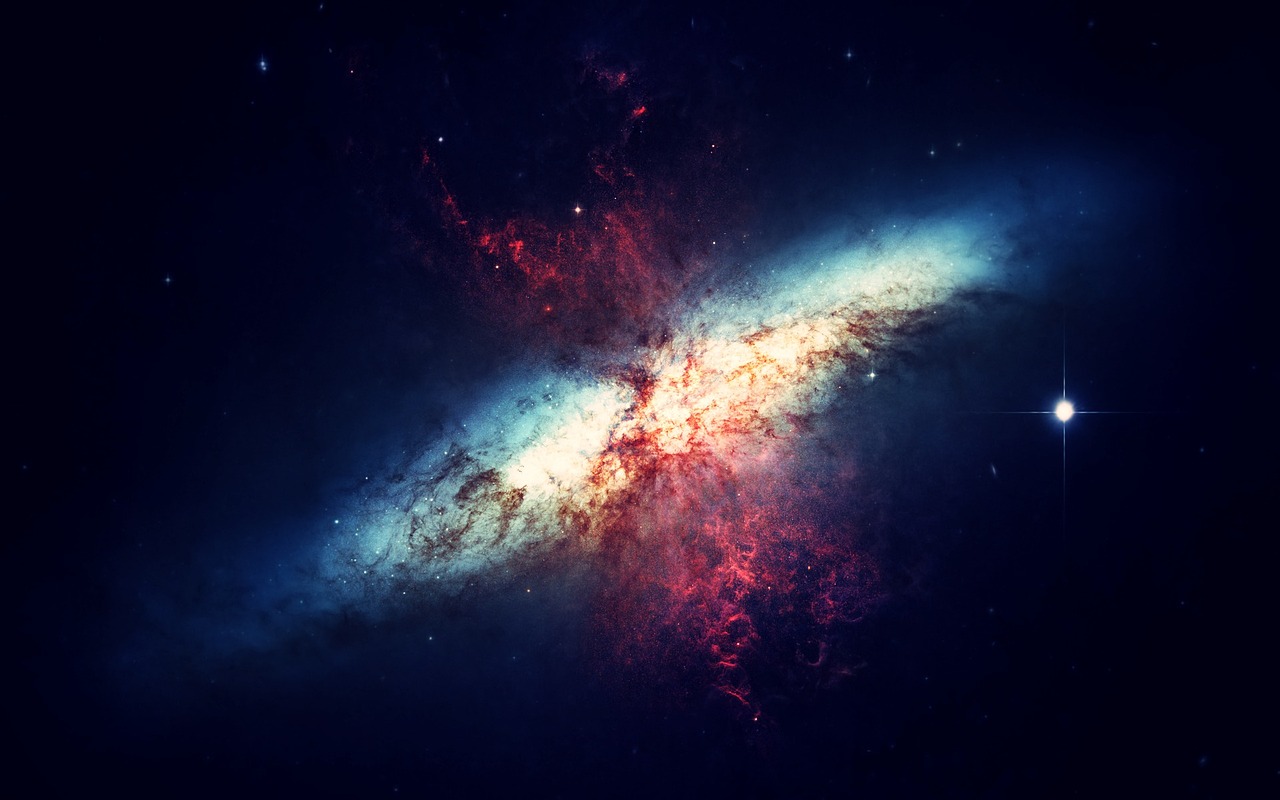
- Details
- By Sæbjörn Leafslayer
- Category: Opinions
The idea of a "12,000 year Galactic Reset" has been circulated in various fringe and pseudoscientific circles, but it doesn’t hold up under scrutiny with established astronomical research. Here are some key points debunking the concept:
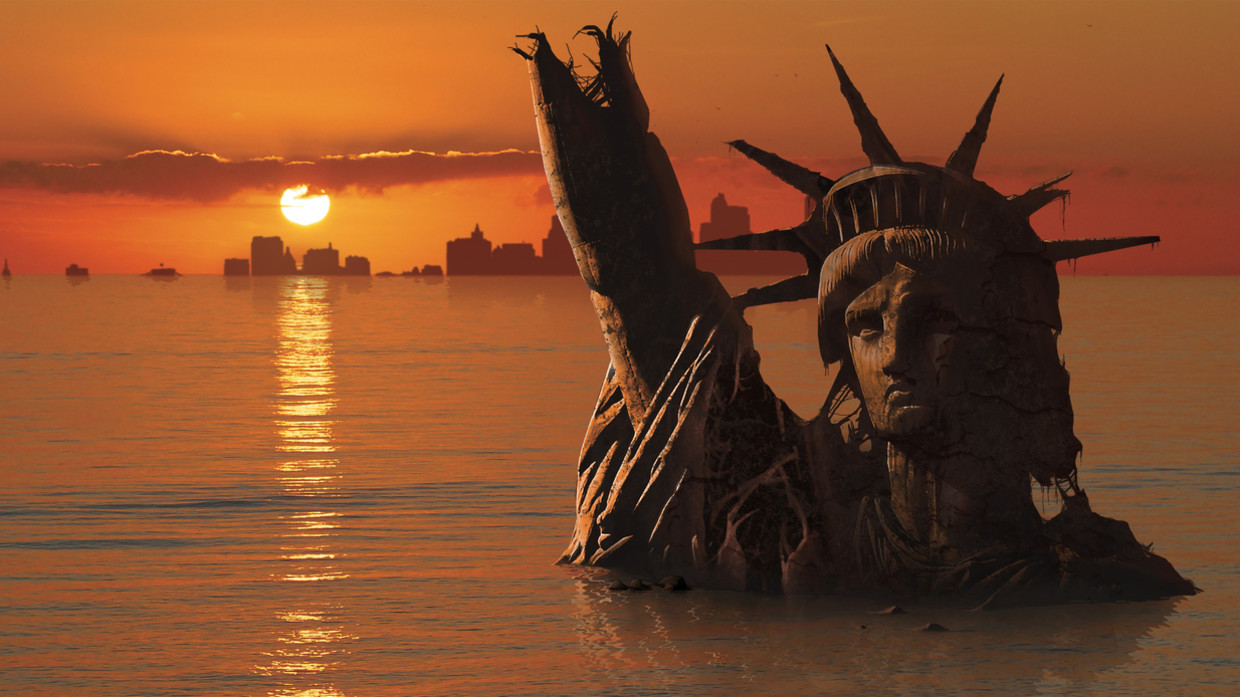
- Details
- By Sæbjörn Leafslayer
- Category: Opinions
When we look back at history, its pretty clear that even the mightiest empires eventually hit a rough patch and go downhill. The Roman Empire, the British Empire, the Soviet Union...they all had their time in the sun before things took a turn for the worse.
Read more: Signs of U.S. Decline: Past Empires Hold Lessons for Future

- Details
- By Sæbjörn Leafslayer
- Category: Opinions
The idea of the US annexing Canada and Greenland is largely a hypothetical scenario rather than a realistic policy proposal. Here are some key points to consider:
Read more: Hypothetical US Annexation: Political, Legal, and Practical Challenges
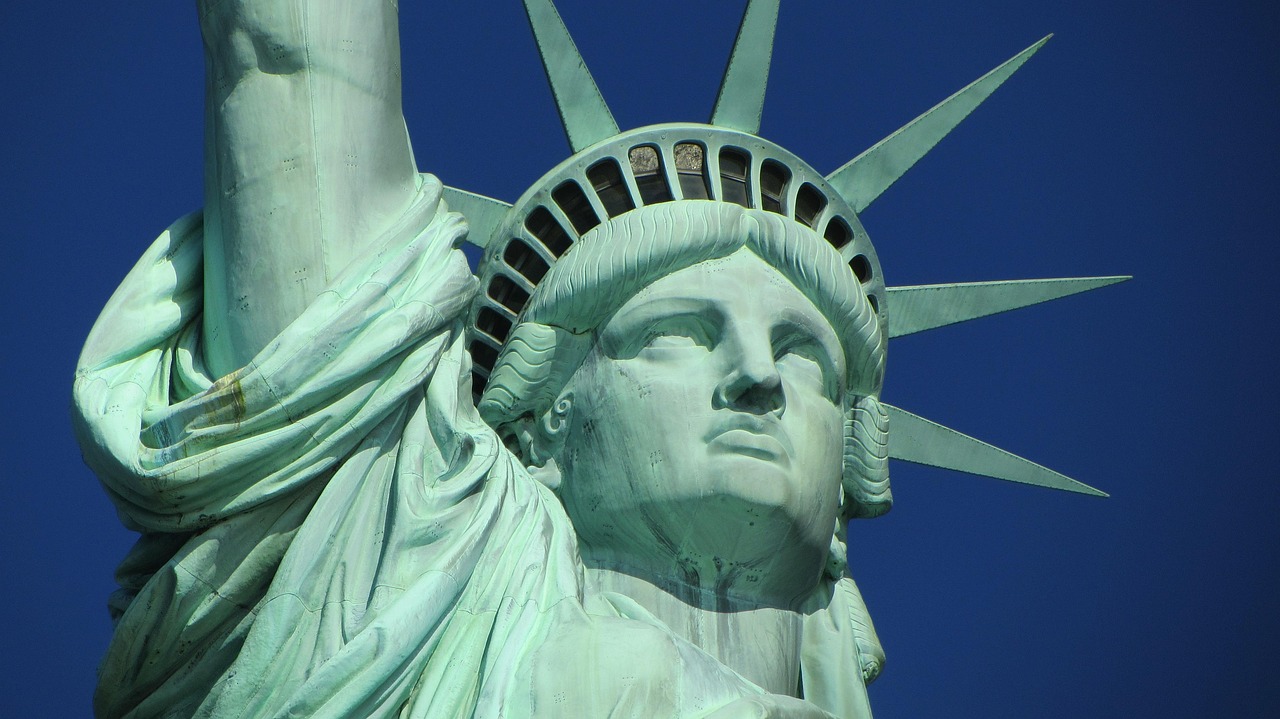
- Details
- By Sæbjörn Leafslayer
- Category: Opinions
That’s a big question, and one a lot of historians, political scientists, and economists are actively debating. While it’s too soon to say definitively that the U.S. is in decline as a global hegemon, there are certainly signs that its dominance is being challenged.
Read more: Navigating a Changing World: The Future of U.S. Hegemony
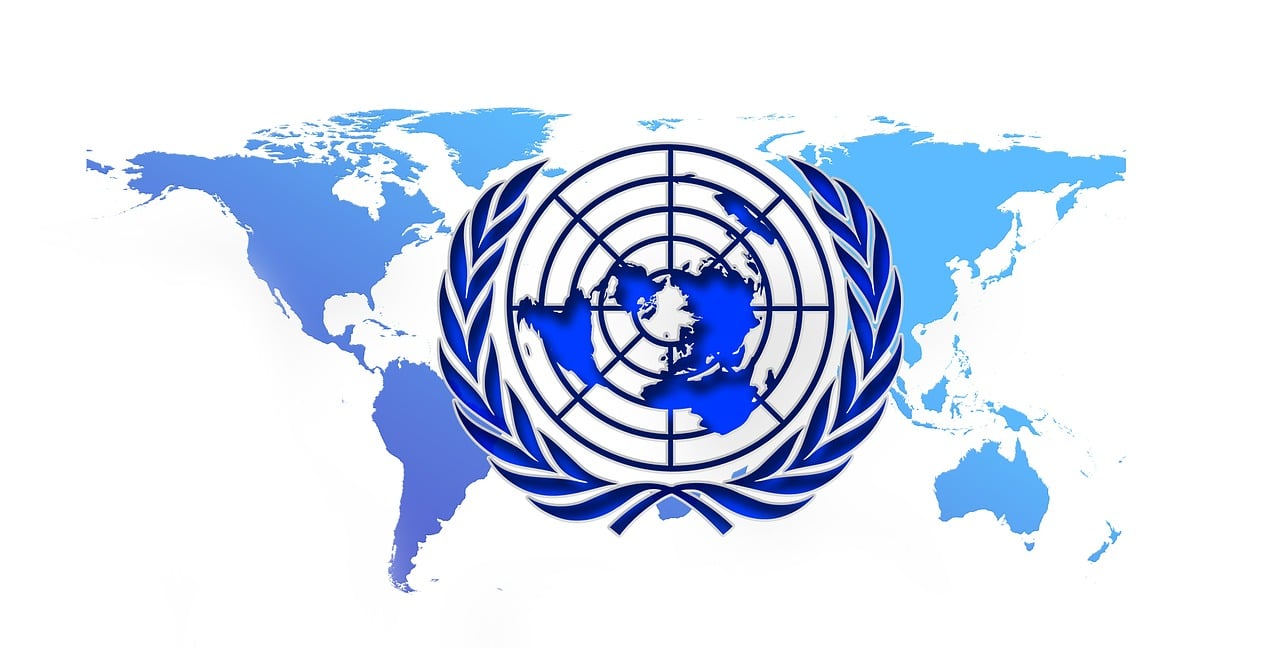
- Details
- By Sæbjörn Leafslayer
- Category: Opinions
The "Agenda 2030" conspiracy theory has been a recurring topic in misinformation circles, often portraying a United Nations (UN) sustainability framework as a covert plan for global domination. Here's a detailed debunking of this theory:
Read more: Debunking Agenda 2030 Conspiracies: Promoting Sustainability and Equality
